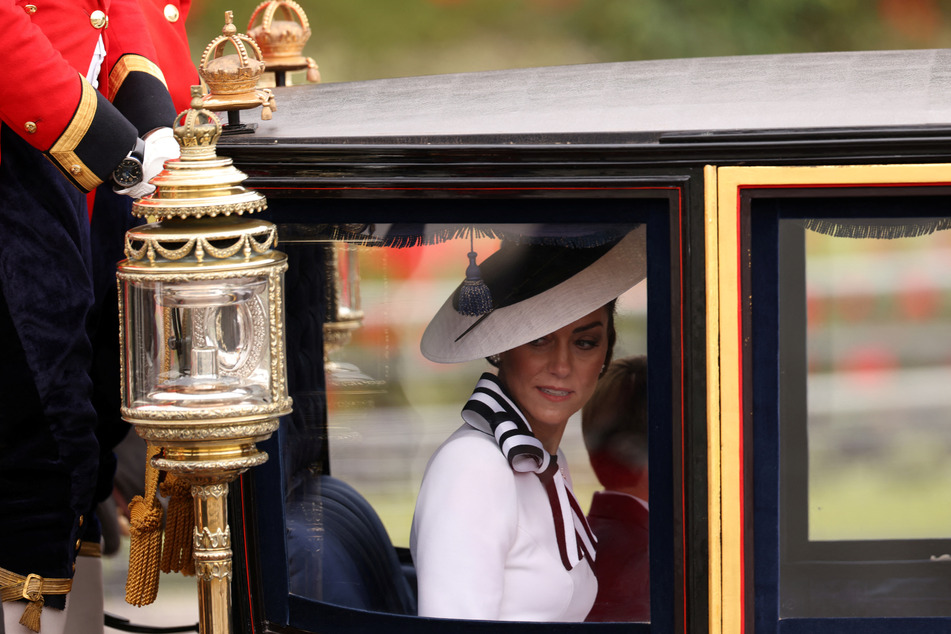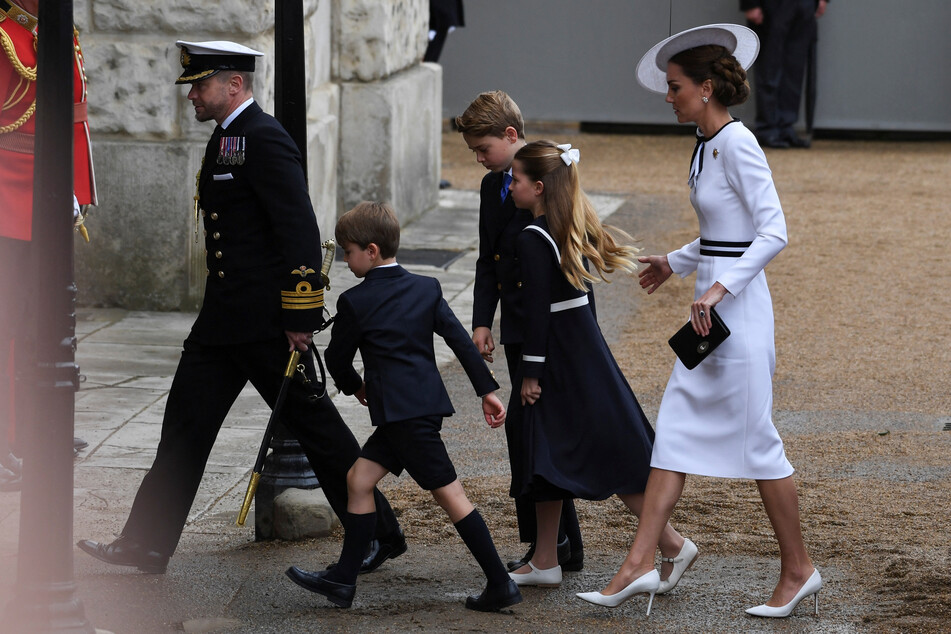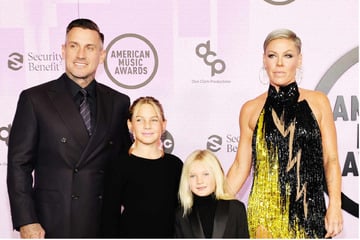Princess Kate makes return to public life in first appearance since cancer announcement
London, UK - Kate Middleton, Britain's Princess of Wales, made a tentative return to public life on Saturday for the first time since being diagnosed with cancer, attending a military parade in central London to mark Britain's King Charles III's official birthday.

Kate rode in a carriage alongside her three children at the outset of the annual royal celebration before disembarking to watch proceedings from a viewing point.
It comes nearly three months after the future queen revealed she was receiving chemotherapy treatment. The 42-year-old princess had not been seen at a public engagement since a Christmas Day service last year.
In a Friday evening statement, Kate said she was "making good progress" with her treatment, which is set to last for several more months, but was "not out of the woods yet".
Kate's announcement that she had cancer came just weeks after it was disclosed that her father-in-law, King Charles III, had also been diagnosed with the condition.
Charles was given the green light to resume public duties in April, after doctors said they were "very encouraged" by his progress.
His first engagement was meeting staff and patients at a London cancer treatment center.
Earlier this month, he attended commemoration events in northern France for the 80th anniversary of D-Day..
Kate takes part in Trooping the Colour

Kate, wearing a white dress and hat, had been seen arriving by car at Buckingham Palace with William and their children ahead of the parade, which formally began at 11:00 AM local time.
After travelling with Prince George (10), Princess Charlotte (9), and six-year-old Prince Louis in a state carriage to watch the parade from a building, the family returned to Buckingham Palace for a balcony appearance.
Trooping the Colour marks the British sovereign's official birthday and is a minutely choreographed military tradition dating back more than two centuries.
Charles was actually born in November but the second birthday tradition dates back to King George II in 1748, who wanted to have a celebration in better weather as his own birthday was in October.
The ceremony has its origins in the preparations for war, where all regimental flags – or colors – were shown to the soldiers so that they would recognize them in the confusion of battle.
London's Metropolitan Police said it would mount a "significant" security operation and had been liaising with anti-monarchy group Republic, which kicked off protests at the event.
The force said it had banned "amplified sound" in and around the parade route on public safety grounds and to avoid disruption to the mounted regiments taking part.
Republic's activists, who huddled on a section of The Mall alongside royalists, held aloft placards bearing slogans including "not my king" and "down with the crown"
Cover photo: REUTERS

